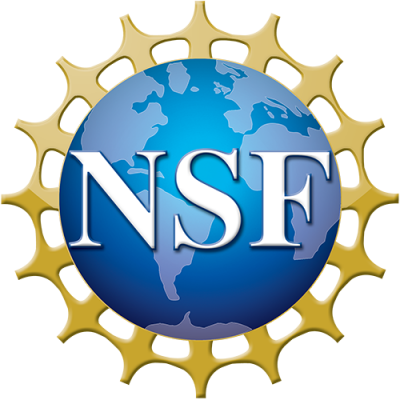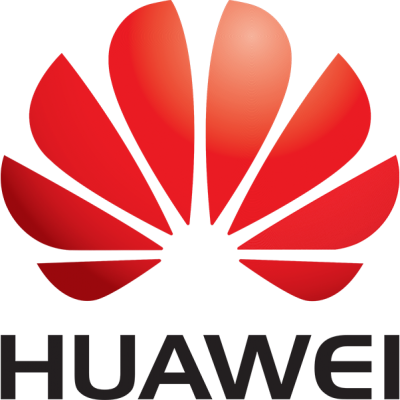Scope
The main user of wireless communications services in future 5G+ and IoT environments will shift from “Humans” to “Things” and it is expected that large numbers of nodes will be connected to each other in various configurations. Because future networks will be able to obtain operational data from these nodes in large amounts, there is a potential to predict the environment and user demand accurately. In order to cope with the forecasted heavy traffic loads and the variety of their requirements, an essential requirement for future “smart” wireless communication systems is efficient, flexible and dynamic spectrum utilization. These requirements can be achieved by a data-driven approach in which operational and environmental data is exploited.
Research issues in data-driven dynamic spectrum sharing include efficient dynamic spectrum access combining measurements, statistics and machine learning, regulatory issues and field trials developed in each country for targeting new spectrum management, and others. Especially for industry, the implementation of novel cellular communications technology such as private 5G is of great interest and dynamic spectrum sharing can enable flexible spectrum use among multiple private 5G operators. Private 5G is referred to as local 5G or micro operator 5G, depending on its implementation. But it is commonly assumed to be operated in a restricted area, for example, at a factory, a port, an airport, and a shopping mall.
Furthermore, dynamic spectrum sharing techniques not only within a system but also among different systems are required to sustain future mobile network services (i.e. the Spectrum Access System (SAS) and Licensed Shared Access (LSA)). Therefore, data-driven spectrum management can address dynamic spectrum assignment issues for future wireless networks that are important for realizing sustainable wireless communication and supporting future IoT environments.
The Workshop on Data-Driven Dynamic Spectrum Sharing aims to bring together academic researchers and industry practitioners as well as members of standardization bodies and government to meet and exchange ideas on technology and regulation about data-driven dynamic spectrum sharing for a sustainable future wireless world. This workshop aims to stimulate discussion and the generation of innovative ideas for dynamic spectrum sharing methods and technologies.
This workshop is related to the IEEE WCNC International Workshop on Smart Spectrum held every year since 2015, and International Workshop on Smart Radio for IoT Era (SRIoT 2019) held in the 11th International Conference on Ubiquitous and Future Networks (ICUFN 2019).
Topics
The workshop focuses on topics related to data-driven dynamic spectrum sharing & access, data-driven smart wireless networks & systems, and policy for data-driven dynamic spectrum sharing and management, which include, but are not limited to:
- Data-driven dynamic spectrum sharing & access
- Spectrum databases
- Radio environment maps
- Spectrum sensing and measurement
- Machine learning for data-driven dynamic spectrum sharing
- Applications of AI for optimizing wireless communication systems
- Big data for wireless systems and networks
- Spectrum sharing for heterogeneous systems
- Data-driven wireless networks & systems
- Network virtualization & SDN
- Mobile (Multi-access) edge computing (MEC)
- Future V2X
- Wireless sensor network & LPWA
- Regional 5G operation including local 5G, private 5G, and micro operator
- NR and visible light communications
- Policy for data-driven dynamic spectrum sharing and management
- Standardization of data-driven dynamic spectrum sharing
- Industry and government roles in enabling data-driven dynamic spectrum sharing
Paper Submission Format
- Authors will need to follow the IEEE conference paper style. View details about the format.
- The maximum page limit for the workshop papers is 6 pages, including references and appendices.
- To submit your paper, visit the following link: http://edas.info/N26102
Important Dates
- Paper Submission Deadline:
13 September 201924 September 2019 (Extended!) - Notification of Acceptance: 8 October 2019
- Camera-Ready Deadline: 15 October 2019
- Workshop Date: 14 November 2019
Organizers
General Co-Chairs
Takeo Fujii, The University of Electro-Communications, Japan
Yue Gao, Queen Mary University of London, UK
TPC Co-Chairs
Suguru Kameda, Tohoku University, Japan
Miguel López-Benítez, University of Liverpool, UK
Keynote Chair
Kentaro Ishizu, National Institute of Information and Communications, Technology (NICT), Japan
Publicity Co-Chairs
Kenta Umebayashi, Tokyo University of Agriculture and Technology, Japan
Ahmed Al-Tahmeesschi, Tokyo University of Agriculture and Technology, Japan





